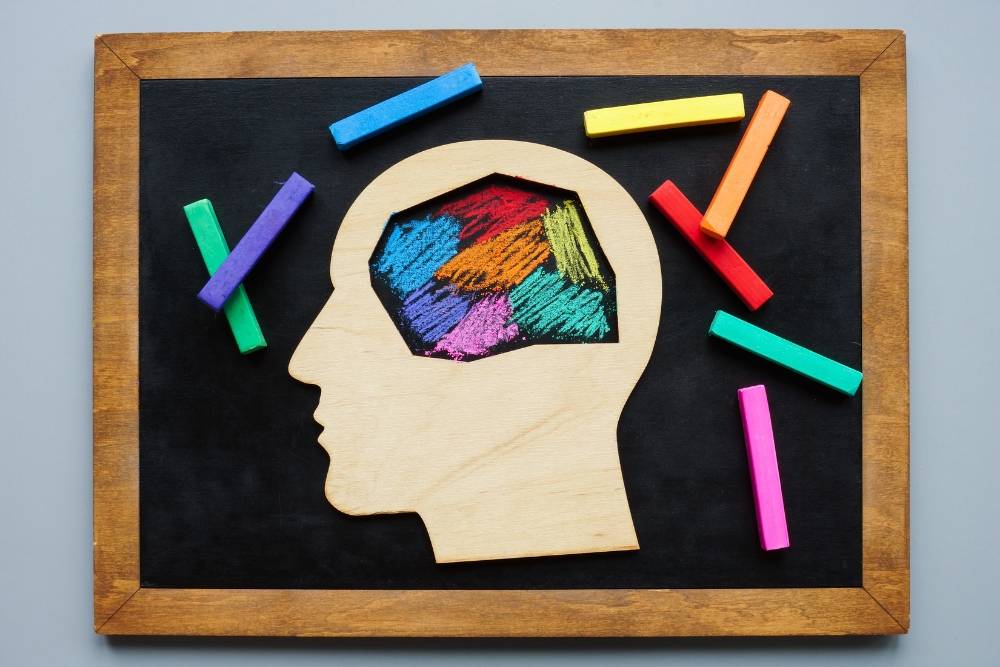Autism spectrum disorder (ASD), simply known as autism, is a developmental condition caused by differences in the brain’s neuronal networks. People with autism tend to demonstrate symptoms before the age of 3 years and can last throughout a person’s life.
It is characterised by deficits in social communication and the presence of restricted interests and repetitive behaviours. World Autism Awareness Day is an internationally recognized day to raise public awareness of autism and promote acceptance and inclusion of individuals with ASD, held annually on the 2nd of April.
Origin of the day
In 2007, the United Nations Representative from Qatar and consort to Emir Hamad Bin Khalifa Al-Thani proposed the day to raise public awareness on autism. It was designated by the UN General Assembly resolution A/RES/62/139, passed in council on November 1st, and adopted on December 18th of the same year. It then became one of the seven official health-specific UN Days.
Symptoms of autism
Symptoms of autism tend to be noticeable before 3 years old. Usually, children’s parents can pick up the signs:
- Delayed speech and language skills: does not respond to name by 9 months of age
- Difficulty with nonverbal communication: minimal eye contact, including with parents; and does not show facial expressions like happy, sad, angry etc by 9 months of age
- Difficulty with social interactions: does not play simple interactive games by 12 months of age
Later in life, patients can have one or more of the following features:
- Difficulty with making and maintaining friendships
- Difficulty with understanding and expressing emotions
- Restricted and repetitive behaviours, such as repeating words or actions, having a rigid routine, lining up objects in a particular order, and getting upset with changes in routine
- Sensory processing issues, such as being sensitive to certain sounds or textures
- Hyperfocus on a particular topic or activity: obsessive interests
Most people with ASD also have other related conditions such as epilepsy, eating disorders, anxiety and depression. However, not all people with autism exhibit the same symptoms, hence the condition requires a formal diagnosis from a psychiatrist.
Try out: Monotropism Questionnaire
Treatment options
Sadly, autism, like most other mental health conditions are not as clear-cut as other physical illness. Early (starting in preschool years) behavioural and educational management should focus on competence training (social skills, communication skills) and establish clear and consistent structures and goals for patients and their families.
Several symptom-targeted therapies or treatments are sometimes utilized to best support patients:
- Applied Behaviour Analysis (ABA): focuses on positive reinforcement to teach new behaviours and reduce challenging behaviours.
- Speech Therapy: helps individuals improve their communication skills, including verbal and nonverbal communication.
- Occupational Therapy: helps individuals develop daily living skills, such as self-care and fine motor skills.
- Social Skills Training: helps individuals develop social skills, such as making and maintaining friendships, understanding social cues, and responding appropriately in social situations.
- Medications: Antipsychotics, antidepressants, and stimulants, may be used to manage specific symptoms associated with autism, such as aggression, anxiety, and hyperactivity. However, patients and families should be informed about the potential side effects and interactions with other medications.
How can we better relate to them?
Relating to or interacting with someone with autism can be challenging. Here are some general tips for interacting with someone who has autism disorder:
- Be patient and understanding: Individuals with autism may communicate differently or have trouble with social interactions, so it’s important to be patient and understanding when communicating with them.
- Use clear and concise language: Individuals with autism may have difficulty understanding figurative language or sarcasm, so it’s best to use clear and concise language when communicating with them.
- Respect personal space and sensory sensitivities: Some individuals with autism may be sensitive to touch, sound, or other sensory stimuli, and they tend to react exaggeratedly when challenged. It’s important to respect their personal space and avoid any stimuli that may be overwhelming for them.
- Avoid making assumptions: Autism is a spectrum disorder, so the symptoms and behaviours can vary widely from person to person. Avoid making assumptions about what an individual with autism may or may not be able to do based on stereotypes or generalizations.
- Celebrate strengths and be positive: Individuals with autism may have unique strengths and talents, so it’s important to celebrate these strengths and appreciate the contributions they can make.
World Autism Awareness Day 2023
In 2023, World Autism Awareness Day will focus on the contribution of autistic people at home, at work, in the arts and policymaking. Thanks to many amazing autistic advocates who have worked tirelessly to bring the lived experience of autistic people to the wide world, major progress has been made in increasing awareness and acceptance of autism.
In 2023 the day will be observed with a virtual event on Sunday, 2 April from 10 am to 1 pm US Eastern Standard Time. The event is organized in close collaboration with autistic people and will feature autistic people from around the world discussing how the transformation in the narrative around neurodiversity can continue to be furthered to overcome barriers and improve the lives of autistic people.
The event will be streamed on the UN’s YouTube and Twitter channels, and UN WebTV.

